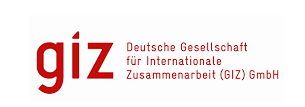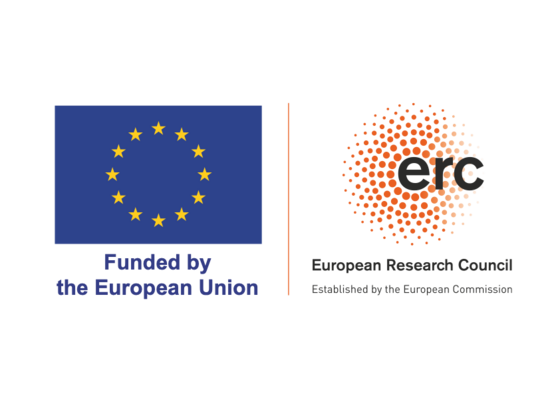Current third-party funded research projects
Sustainable and Inclusive Innovation Africa (SIIA)

SIIA is an international research center that aims to enable evidence-based decision-making to accelerate sustainable and inclusive start-up ecosystem development in Africa funded by the GIZ. Our aim is to enable evidence-based decision-making to accelerate sustainable and inclusive start-up ecosystem development in Africa.
Main research activities:
-
Large-scale database development of African start-ups
-
In-depth qualitative assessments of local ecosystems and drivers of innovation
-
Policy and finance analyses
GreenGrocer

Robust and accurate food footprint data is needed to inform the sustainable food system transition. Yet the science underlying food footprint life cycle assessment (LCA) databases remains too incomplete, coarse, and dated for practical use. GreenGrocer invests in fundamental improvements in key food LCA platforms include Trase.earth, HESTIA, FABIO, Eora, EXIOBASE, and the CoolFarm tool. The GREENGROCER investment package advances sustainable food footprinting tools by 1. filling in persistent blindspots in food footprint knowledge, 2. making foundation-strengthening investments in key open-source food data platforms, towards full compliance with the EU’s Product Environmental Footprint (PEF) standards, and 3. convening a multi-stakeholder dialogue between food system researchers, industry, and regulators aimed at prioritising pain points and supporting regulation efficacy.
GreenGrocer is a Research and Innovation project funded under the Horizon Europe programme of the European Commission. The project was funded under the call on Environmental impacts of food systems in cluster 6: "Food, Bioeconomy, Natural Resources, Agriculture and Environment".
GreenGrocer is coordinated by NILU and has 22 partners in 11 European countries. The project runs from September 2025 to August 2029.
IntegrateEnergy

As part of an ERC Starting Grant, Philipp Trotter is developing a completely new approach to increase the effectiveness of energy programmes in Africa: the "IntegrateEnergy" project is developing a paradigm shift away from electricity access in isolation - i.e. the mere provision of electricity connections - towards the integration of energy supply into existing value chains. The integration of important key sectors such as agriculture, health, education and small businesses should enable a more efficient use of resources and lower losses in production and supply chains.
Over 570 million people in sub-Saharan Africa live without electricity. "Programmes from large donors such as the European Union, the World Bank and the African Development Bank invest billions in electricity connections, often without ensuring that the electricity is used specifically for productive and socially important applications. As a result, many systems remain underutilised, fail early or have a suboptimal impact on development work," reports Trotter. With his project, he wants to show how cross-sector synergies can be realistically and sustainably created on site.
Trotter and his team are focussing on local stakeholders from Uganda: using so-called co-production approaches, the acceptance, needs and requirements of integrative energy systems in various specific local contexts in Uganda are being researched in close cooperation with Ugandan stakeholders. "The findings are then translated into interactive, multi-criteria optimisation models to ensure the resource efficiency of the corresponding system designs," says Trotter, explaining the approach. Another objective is to identify political and institutional frameworks that enable and promote cross-sectoral cooperation. In order to identify barriers to implementation and strengthen cooperation between the energy, agriculture, health and education sectors, the researchers are conducting accompanying analyses, among other things.
IntegrateEnergy will also design innovative business and financing models in which revenues from profitable energy applications co-finance social and community-orientated projects.

